

Работа и карьера

new test developer
Organization
04 Сентябрь 2024
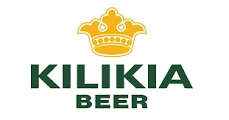
Փաստաթղթավարման Մասնագետ
Երևանի Գարեջուր
05 Август 2024

Innovations Specialist
EvocaBank
06 Август 2024

Media Researcher
Embassy of the United Arab Emirates in Yerevan
07 Август 2024
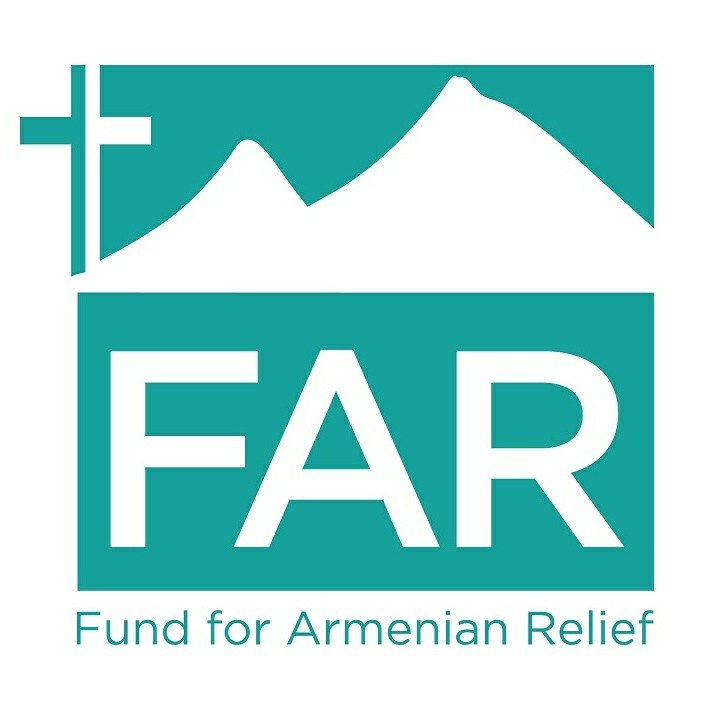
Finance and Administrative Assistant
Fund for Armenian Relief, Armenian Branch
07 Август 2024
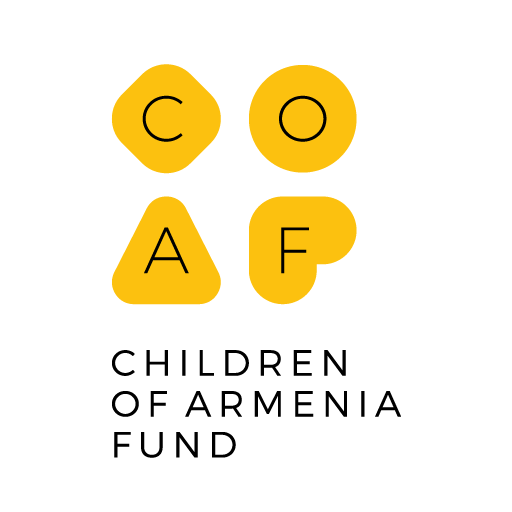
Լոռի ՍՄԱՐԹ Կենտրոնի Ղեկավար
Children of Armenia Charitable Fund
06 Август 2024

Rental Agent
Sixt Armenia
06 Август 2024
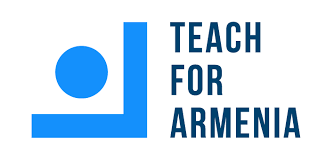
Մենթորների Վերապատրաստման Փորձագիտական Թիմի Անդամ
Teach for Armenia
06 Август 2024

Մենթորների Վերապատրաստման Փորձագիտական Թիմի Ղեկավար
Teach for Armenia
06 Август 2024

Ներմուծման Մենեջեր
Ադամիում
05 Август 2024

Loan Officer
EvocaBank
05 Август 2024

SME Lending Chief Specialist
EvocaBank
05 Август 2024

Operational Risk Management Senior Specialist
EvocaBank
05 Август 2024

Customer Service Quality Management Specialist
EvocaBank
05 Август 2024

Card Product Senior Specialist
EvocaBank
05 Август 2024

Financial Analyst
EvocaBank
05 Август 2024

Leasing Services Specialist
EvocaBank
05 Август 2024

Technical Monitoring Specialist
EvocaBank
05 Август 2024

Auto Loan Officer
EvocaBank
05 Август 2024

Jeweler
EvocaBank
05 Август 2024

Արտաքին Տնտեսական Կապերի Գծով Մասնագետ
Երևանի Գարեջուր
05 Август 2024

Մարքեթինգի Մասնագետ
BD Retail Group
05 Август 2024

Human Resources Officer
Teach for Armenia
02 Август 2024

Women's and Girls' Participation in Inclusive Mechanisms and Peace Efforts in Armenia
Democracy International
02 Август 2024
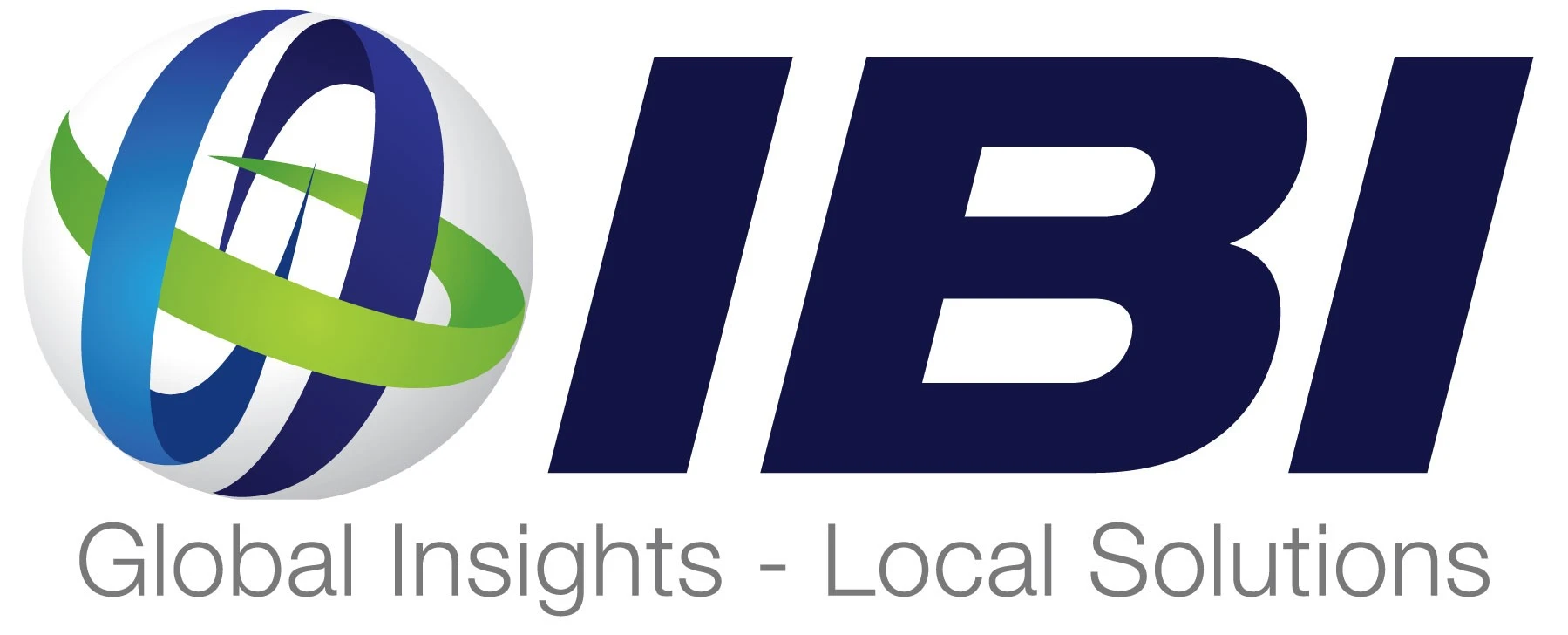
Request for Proposals for Strategic Communications Support
International Business Initiatives (IBI) Corp. Representative Office in Armenia
02 Август 2024

Call For Proposals for Review/update of Sub-legislative Acts in the Area of Municipal Service in the Scope of Integrated Municipal Development Project
Deutsche Gesellschaft für Internationale Zusammenarbeit (GIZ)
01 Август 2024

Call For Proposals for Rapid Functional Review of Two Departments of MTAI in the Scope of Integrated Municipal Development Project
Deutsche Gesellschaft für Internationale Zusammenarbeit (GIZ)
01 Август 2024

Call for Proposals for Supporting the MTAI in the Analysis of the Armenian Legislation Governing Local Tax Collection in the Scope of Integrated Municipal Development Project
Deutsche Gesellschaft für Internationale Zusammenarbeit (GIZ)
01 Август 2024
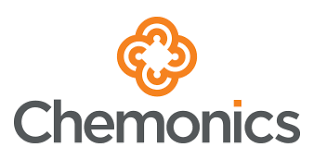
Finance Manager
Chemonics International Inc
01 Август 2024
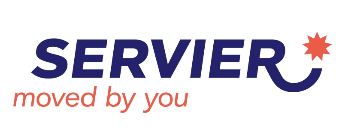
Medical Representative
Les Laboratoires Servier Armenia RO
01 Август 2024
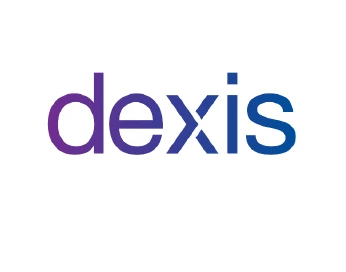
Empowering CSOs For Enhanced Integrity in Amenia/ Armenia Integrity Project
Dexis
31 Июль 2024
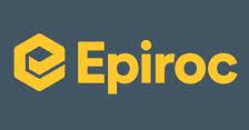
Receptionist/ Assistant to General Manager
Wayland Armenia
31 Июль 2024

Հետգործառնական Մասնագետ
CARD AgroCredit UCO
31 Июль 2024

Վարկային Մասնագետ, Արտաշատ
CARD AgroCredit UCO / ՔԱՐԴ ԱգրոԿրեդիտ ՈՒՎԿ ՓԲԸ
31 Июль 2024
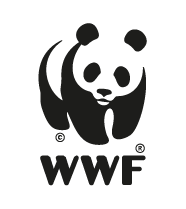
Digital Officer
WWF Armenia
31 Июль 2024
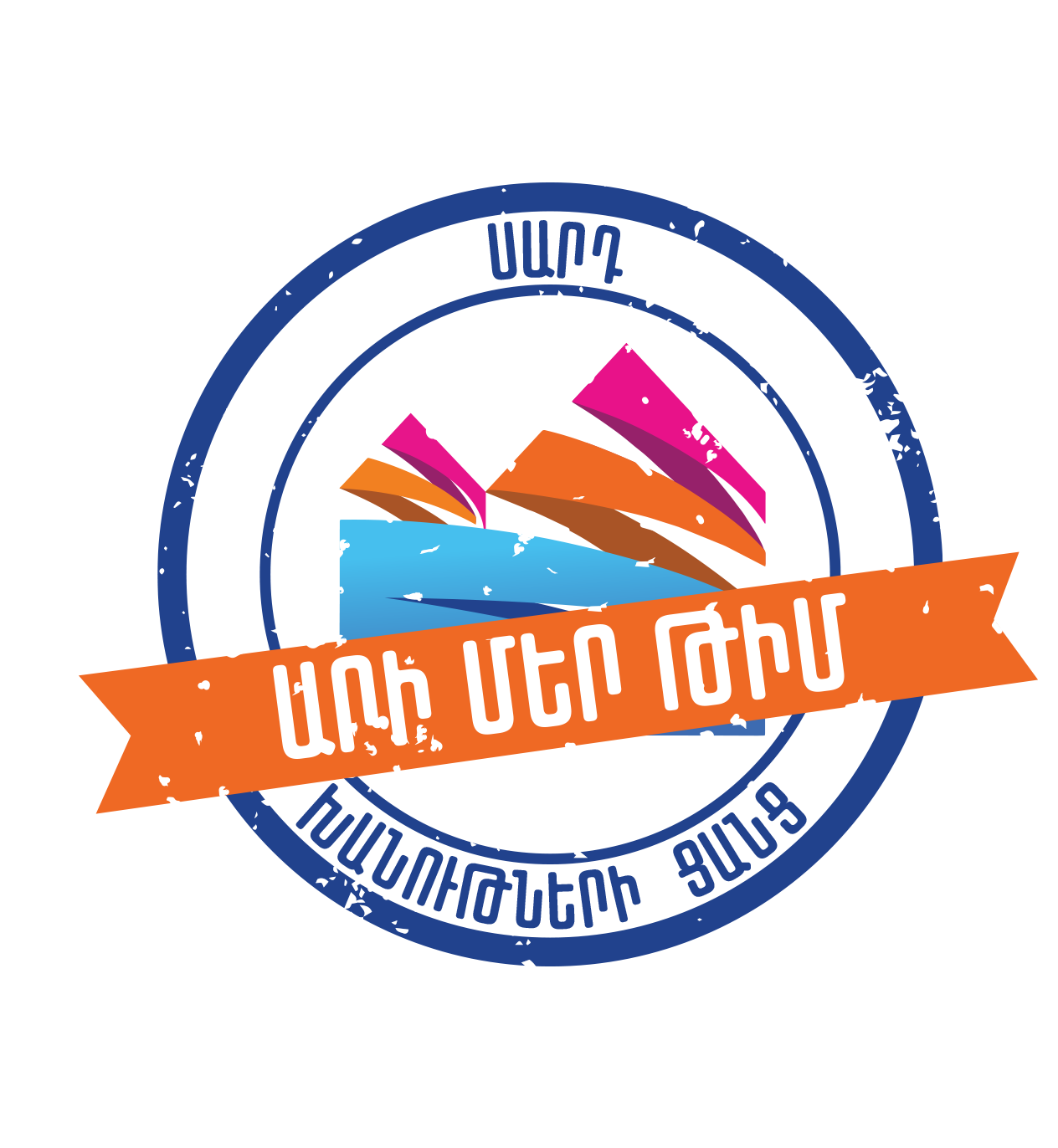
Finance Manager
"TOR" LLC/ "SARD" Building Chain Store
31 Июль 2024
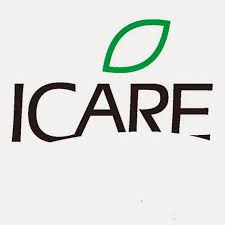
Faculty Position - Business Analytics Course
International Center of Agribusiness Research and Education (ICARE)
30 Июль 2024
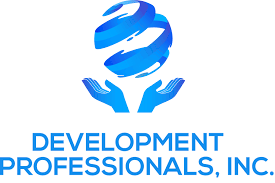
Legal Education and Professional Training Advisor
Development Professionals Inc.
29 Июль 2024

Faculty Position - Technical Writing Course
International Center of Agribusiness Research and Education (ICARE)
29 Июль 2024

Faculty Position (UAB) - Agribusiness Management Course
International Center of Agribusiness Research and Education (ICARE)
29 Июль 2024
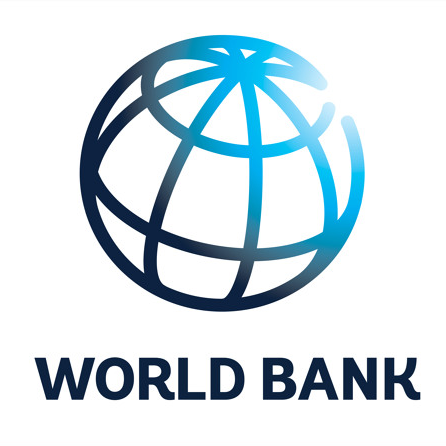
Survey Analyst
World Bank Yerevan Office
29 Июль 2024
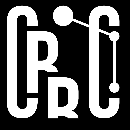
Finance and Operations Assistant
The Caucasus Research Resource Center-Armenia (CRRC)
29 Июль 2024

Assistant to Service Manager
Wayland Armenia
26 Июль 2024
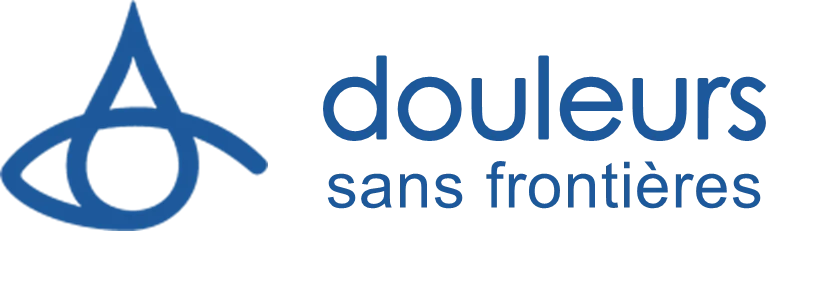
Mental Health Programme Coordinator
Douleurs Sans Frontières
26 Июль 2024

Վարորդ-առաքիչ
Grand Candy
25 Июль 2024

Պրեսելլեր
Grand Candy
25 Июль 2024
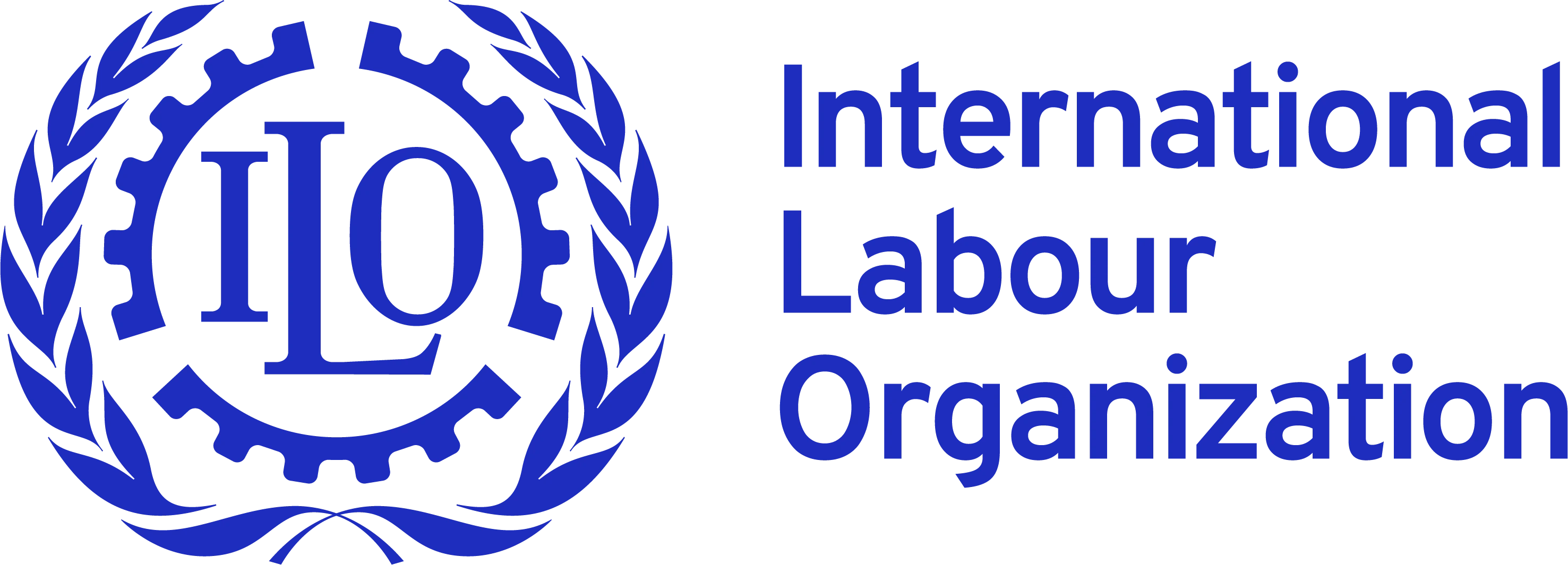
Consultant for Reviewing and Updating the National OSH Profile, Armenia
International Labour Organization
24 Июль 2024

Բժշկական Ներկայացուցիչ
GMPharmaceuticals
23 Июль 2024

Gender Specialist
Strategic Development Agency
23 Июль 2024

Videographer
Children of Armenia Charitable Fund
22 Июль 2024

English Teacher in China
ETGA s.r.o
22 Июль 2024

Monitoring, Evaluation, and Learning (MEL) Officer
Democracy International
22 Июль 2024

M&E Focal Point to MLSA for Coordinating M&E Structural Units
Democracy International
18 Июнь 2024
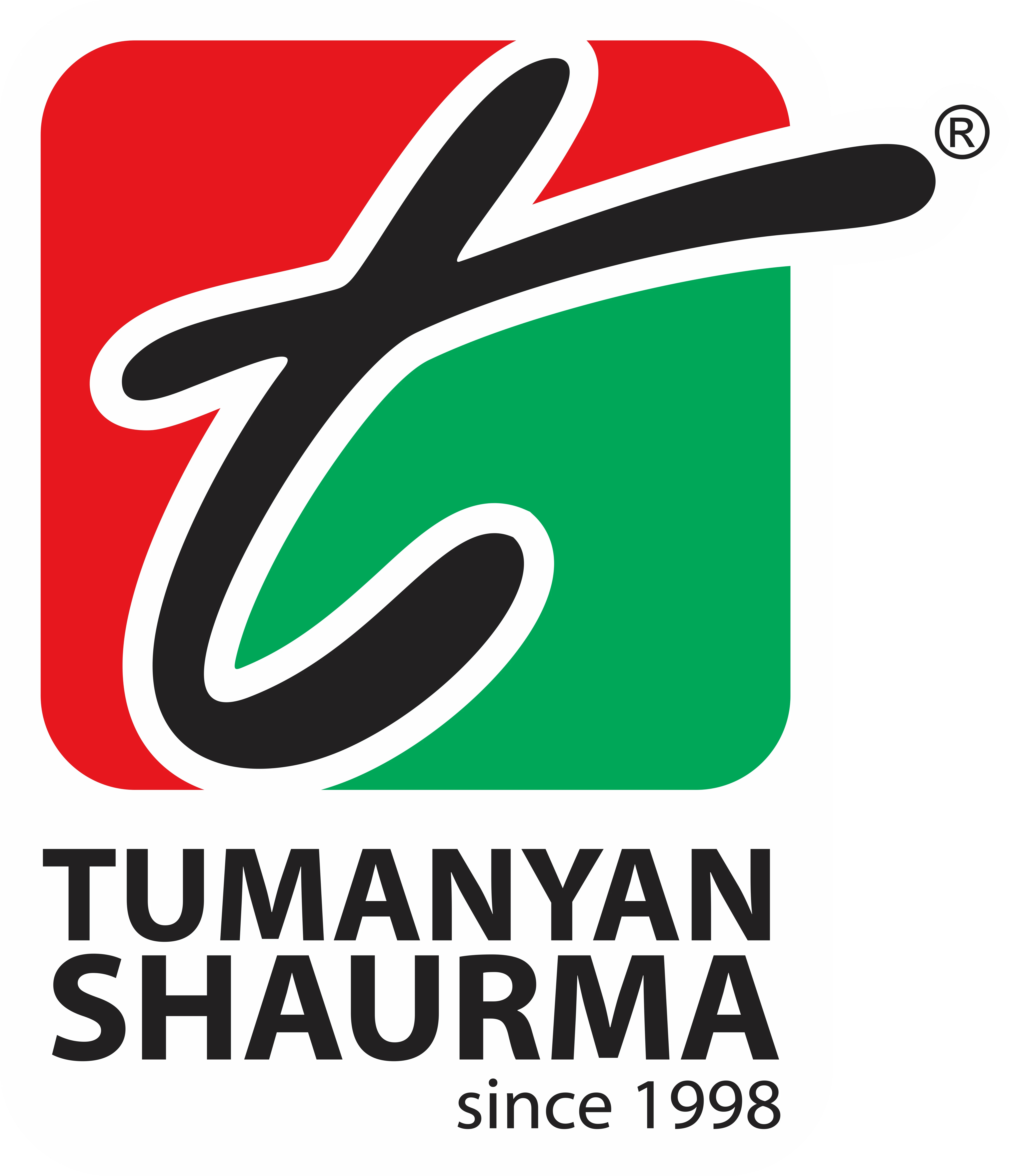
Մենեջեր
Tumanyan Shaurma
19 Июль 2024
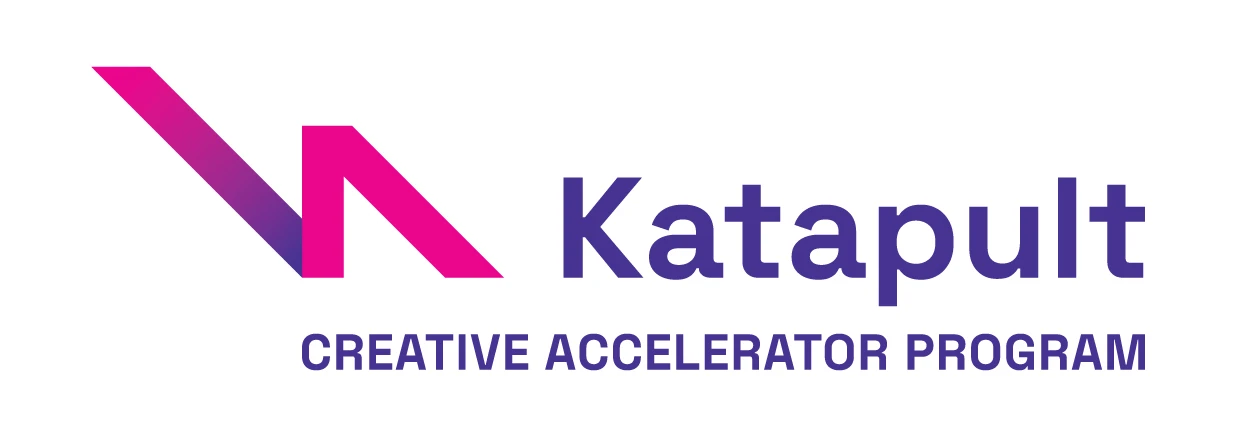
Monitoring and Evaluation Specialist for "Katapult Creative Accelerator Program"
AGBU Armenia
19 Июль 2024
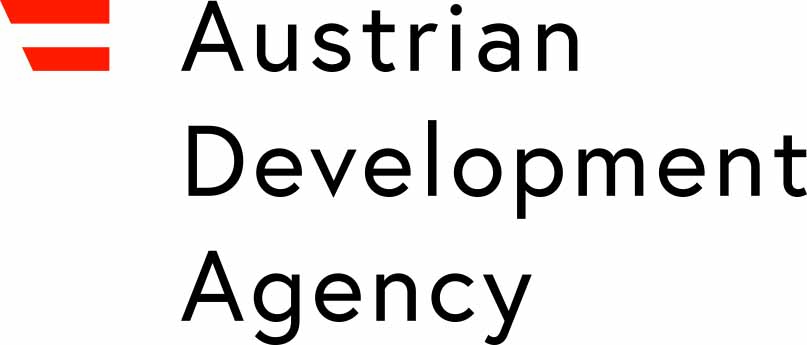
Finance Officer
Austrian Development Agency
19 Июль 2024

Research Capacity Building For Civil Society Organisations Project
Democracy International
18 Июль 2024
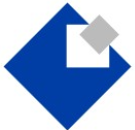
System Engineer Level I / II
MONT Armenia
17 Июль 2024

Specialist(s) on Asbestos Screening
UNDP Armenia Office
17 Июль 2024
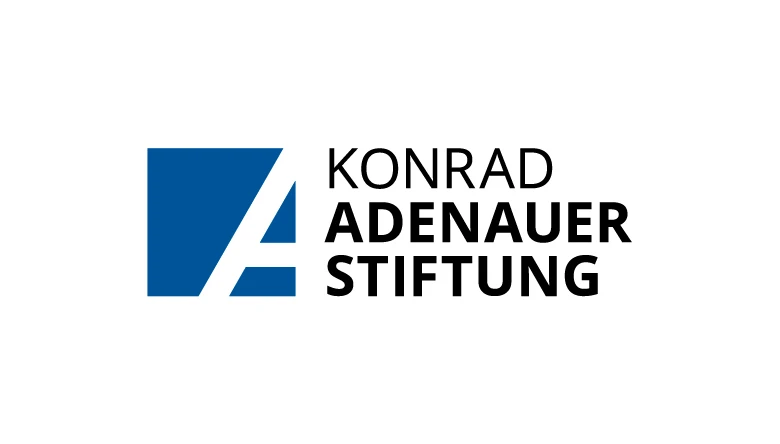
Evaluator for the Project "Leadership Academy Armenia"
Konrad-Adenauer-Foundation /Armenian Branch/
17 Июль 2024

Call for Resumes, Roster USAID South Caucasus Regional Water Management Program
Armenian Branch of Deloitte Consulting Overseas Program
18 Июнь 2024

Ռեզյումեների Ներկայացման Հայտարարություն
Armenian Branch of Deloitte Consulting Overseas Program
18 Июнь 2024

Driver
Embassy of the United Arab Emirates in Yerevan
16 Июль 2024

Accountant
Embassy of the United Arab Emirates in Yerevan
16 Июль 2024

Support Center Specialist
VXSoft
16 Июль 2024

Technical Support Specialist/ Programmer
VXSoft
16 Июль 2024
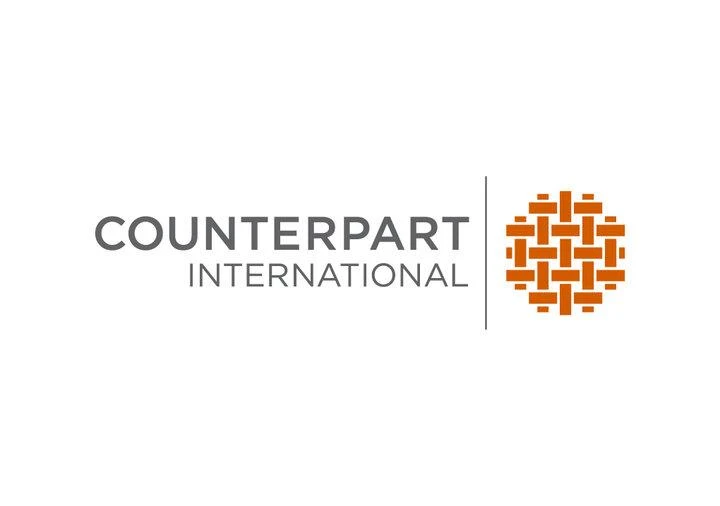
RFA for Armenian Community-based Organizations (CBOs)
Counterpart International Inc. Armenian Rep. Office
16 Июль 2024

Ջրօգտագործողների Ընկերությունների Դերի/ Ներուժի Տարածաշրջանային Գնահատման Վերաբերյալ Իրավասու Կազմակերպությունների Կողմից Հայտերի Ներկայացման Հրավեր (ՀՆՀ)
Հարավային Կովկասի տարածաշրջանային Ջրային Ռեսուրսների Կառավարման Ծրագիր (ՀԿՋՌԿ)
15 Июль 2024

RFA-Grants Competition for Regional Assessment of Role/Potential of Water Users Associations
USAID South Caucasus Regional Water Management Program (SCRWM)
15 Июль 2024
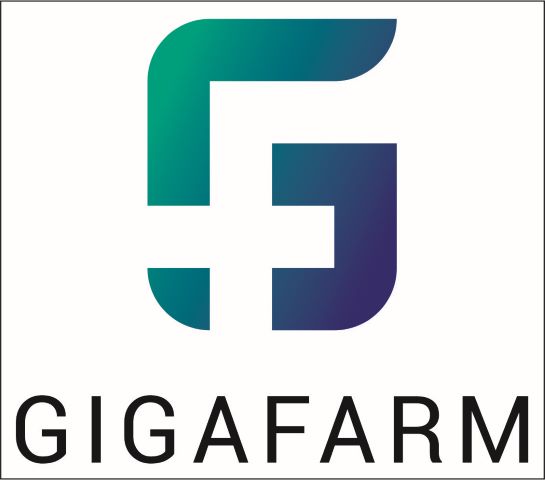
Բժշկական Ներկայացուցիչ
Giga Farm
15 Июль 2024
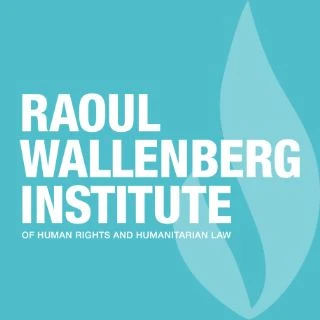
Junior Programme Associate (50%)
Raoul Wallenberg Institute of Human Rights and Humanitarian Law Armenian Branch
15 Июль 2024
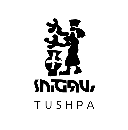
Wine Tour Guide
Tushpa Wine Cellar
12 Июль 2024

Market Development Manager
Tushpa Wine Cellar
12 Июль 2024
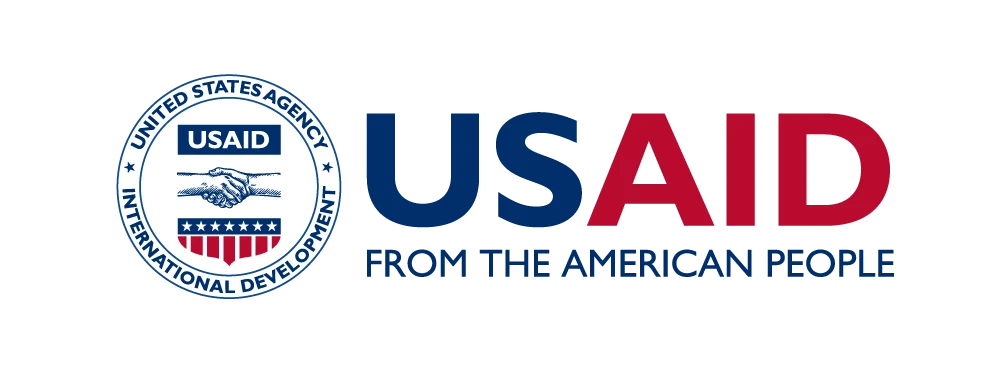
Annual Program Statement (APS) for the Award of Grants
South Caucasus Regional Water Management Program (SCRWM)
12 Июнь 2024

ԴՐԱՄԱՇՆՈՐՀՆԵՐԻ ԾՐԱԳՐԻ ՏԱՐԵԿԱՆ ՀԱՅՏԱՐԱՐՈՒԹՅՈՒՆ
South Caucasus Regional Water Management Program (SCRWM)
12 Июнь 2024
Evaluator for the Project "Leadership Academy Armenia"
| Компания: | Konrad-Adenauer-Foundation /Armenian Branch/ Брэнд |
|---|---|
| Длительность: | 4 months |
| Дата начала: | 01 September 2024 |
| Крайний срок: | 10 August 2024 |

ОПИСАНИЕ ДОЛЖНОСТИ :
.Purpose of the Evaluation
The purpose of the evaluation is to assess what the Leadership Academy has accomplished in 14 years of being organized in Armenia. It should help the organizers to adjust and optimize the format in the coming 5 to 10 years.
Questions to be answered by the evaluator:
- How has the Leadership Academy developed over the years, considering changes in content, training design, and involvement of the target groups? How was it adapted to the political landscape where it operates?
- What are the quantitative results of the Leadership Academy, including numbers of participants, how many have pursued careers in politics or public service?
- Has the target group(s) been adequately chosen and addressed by the Leadership Academy? Has the target group(s) been adequately involved?
- Were there any framework conditions (team processes, language problems, partner structures, etc.) that impeded reaching the desired results of the Leadership Academy?
- What are the best stories from participants detailing how they've applied the knowledge and experience gained through this project in their careers?
- What are the unique project attributes that sets the Leadership Academy apart from similar initiatives, emphasizing its unique strengths and contributions?
- What are guiding future directions/recommendations for the Leadership Academy’s further development, suggesting adjustments in content, target audiences, and activities to ensure continued effectiveness and relevance.
ОБЯЗАННОСТИ :
.Scope
The evaluation should cover the whole cycle of Leadership Academies from 2009-2023.
Methodology
The Evaluation shall apply a complex approach including desk research, interviews and consultations with stakeholders.
i. Desk study
ii. Interviews with:
- Staff and/or board members of the KAS, EFF, FMS, VVD International & current representatives of political parties.
- Former participants of the Leadership Academy.
- Other actors working to support and strengthen democracy such as NDI and IRI.
Deliverables
- A draft report in English for review and comments.
Note: this is a working document and suggestions made by the partners are expected to be reflected and incorporated in the final report.
- A final report in English.
The draft/final report shall include:
- An executive summary;
- Purpose of the evaluation and applied methodology;
- Main findings regarding: relevance, efficiency, effectiveness of the Leadership Academy, its impact and sustainability;
- Key recommendations for the further development of the Leadership Academy;
- Appendices to report should contain the details of the data collected, including minutes of interviews/consultations conducted.
- Glossary: Definitions of key terms and acronyms used in the report.
Proposed timeline (distribution of subject for change):
Desk review, preparation of the questionnaires / 01.09.2024-20.09.2024
Briefing meeting with the team / 20.09.2024-30.09.2024
Additional desk review + Designing the interview questionnaires / 30.09.2024-15.10.2024
Interviewing the partners and key stakeholders / 15.10.2024-5.11.2024
Writing and submitting the draft evaluation report / 5.11.2024-25.11.2024
Commenting the draft report from the KAS/EFF / 25.11.2024-5.12.2024
Addressing comments from the KAS/EFF and submitting the final report / 5.12.2024-20.12.2024
KAS will support the evaluator in planning and implementing the interviews. Project documents will be sent in electronic form to the evaluator in advance.
ТРЕБУЕМАЯ КВАЛИФИКАЦИЯ :
.Educational Background
Relevant Degree (in fields such as project management, evaluation, research methods, social sciences, public administration, or a specific domain relevant to the project).
Professional Experience
- Evaluation Experience (proven track record of conducting evaluations, particularly in the project's specific sector or type);
- Experience in Project Management (this will help in understanding the project's context and challenges).
Skills and Competencies
- Analytical skills (analyzing data, identifying trends);
- Research skills (proficiency in qualitative and quantitative research methods, including survey design, data collection, and statistical analysis);
- Communication skills (to effectively present findings and recommendations to stakeholders;
- Ethical standards: (commitment to integrity in conducting evaluations, ensuring objectivity and confidentiality).
Technical Proficiency
- Proficiency in using data analysis tools and software for qualitative analysis;
- Ability to use reporting tools and software to create comprehensive and visually appealing reports.
ПРОЦЕДУРА ПОДАЧИ ЗАЯВОК :
Proposals in English shall include:- Cover letter;
- CV of not more than 3 pages;
- Proposed methodology;
- Budget to carry out this evaluation; the budget shall include all costs related to the assignment.
- Contact details of 2 relevant references.
Proposals should be sent electronically to: [email protected]
Подавая на вакансию, пожалуйста укажите Career Center как источник информации о вакансии и сайт www.careercenter.am. Спасибо!
О ПРОГРАММЕ :
BackgroundThe Leadership Academy for Young Politicians and Civil Society Activists in Armenia is one of the flagship initiatives of the Konrad Adenauer Stiftung (KAS) in Armenia. It was initiated in 2009 and has been held annually until 2023. KAS has been cooperating within the Leadership Academy with the Max van der Stoel Foundation, the Eduardo Frei Foundation, the VVD International, and the Robert Schuman Institute.
The overall aim of the Leadership Academy is to train young politicians and civil society activists to make them contribute to the formation of a transparent, rules-based, accountable, and liberal democracy in Armenia. The specific objectives of the Leadership Academy are to provide the participants with basic knowledge on ideologies, political processes, political communication, with presentation and public speaking skills, and to raise awareness for the importance of compromising, coalition-building, and co-operation between political parties in a democracy.
Overall, about 400 participants from all regions of Armenia have been participating in the Leadership Academies since 2009. The workshops lasted three days and were organized mostly in the regions. After concentrating on representatives from political parties in the beginning, the format was widened and started to target civil society activists as well. Methods applied were, among others, classical capacity building, role games, SWOT analysis, simulations, debates. The topics discussed throughout the years were: democracy, ideologies, shared/personal values, political core values, media freedom/fake news, trust building, role of political parties in the opposition, coalition building, relations between society and politics, political journalism. Technical skills were provided in the fields of career building, decision making, campaigning, political communication, political leadership, personal branding, public speaking, communicating messages, negotiations, advocacy, political organizational management, internal communication, public appearance, offline and online communication, crisis communication, social media, and political marketing.
